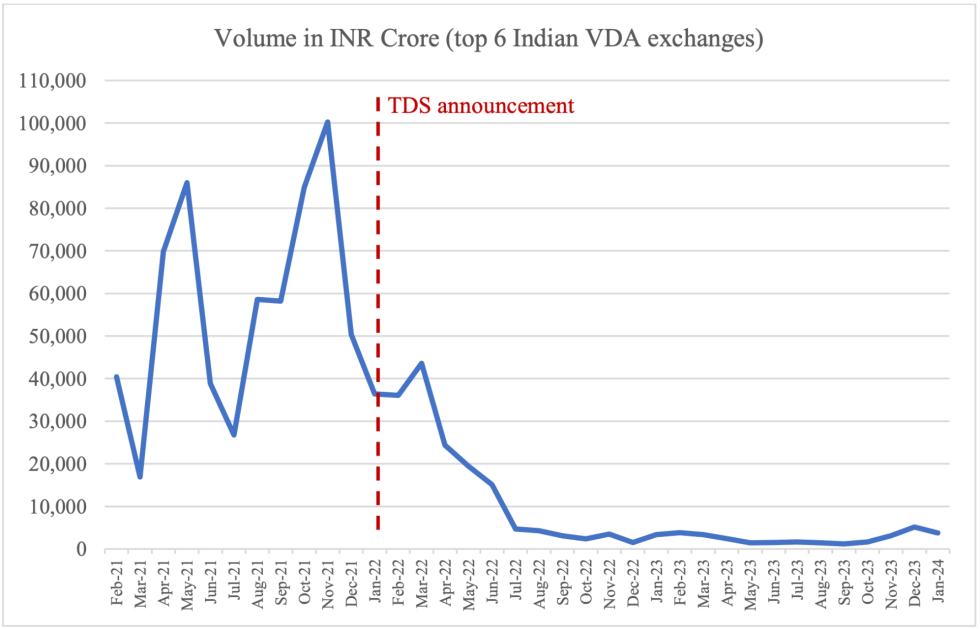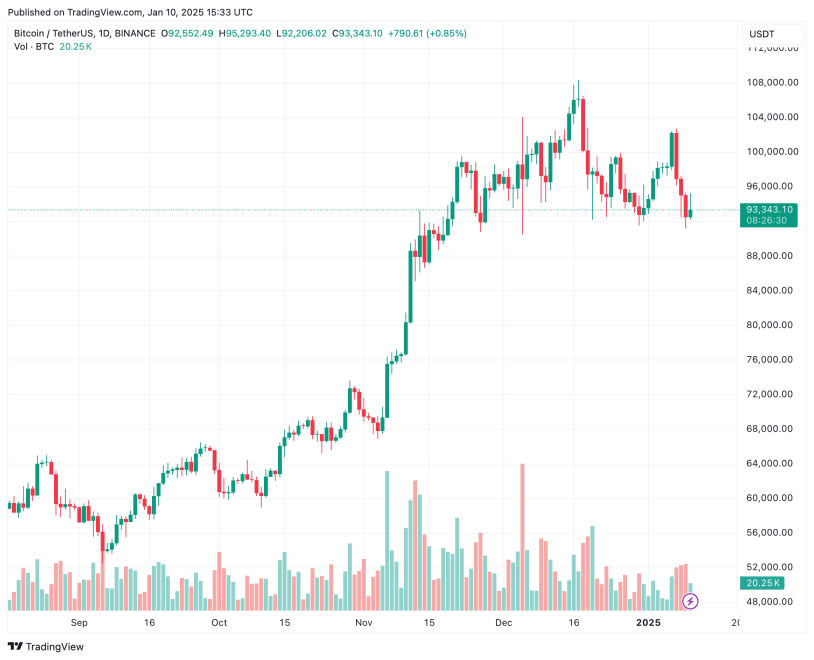
Earlier today, crypto exchange Bybit announced that it would temporarily suspend its services in India due to recent regulatory developments. Most services on the platform are set to cease from January 12, 8 AM UTC.
Bybit Ceases Operations In India
India’s stringent digital assets regulations have claimed another casualty, with trading platform Bybit announcing its temporary withdrawal from the country. The exchange cited “recent developments from Indian regulators and in continuation of previously implemented restrictions” as the reason for the suspension.
Starting January 12, Indian users on Bybit will no longer be able to open new trading positions or access any services on the platform, except for withdrawals, which will remain operational. The announcement clarified:
No new orders can be placed for any trading products, both crypto and fiat. For any existing derivatives position, it will be placed in close-only mode. This means you will not be able to add to or modify these positions, but you can still manage closing positions. Crypto and fiat deposits will also be temporarily restricted. Withdrawals are not affected.
Additionally, all copy trading relationships will be canceled, and trading bots will be terminated by January 13, 5 AM UTC. Bybit also noted that transactions related to the Bybit card would be restricted.
The exchange emphasized its commitment to working with Indian financial regulators to secure its registration as a Virtual Digital Asset (VDA) service provider. Bybit expects to receive approval “in the coming weeks.”
To recall, in March 2023, the Indian government mandated that all VDA service providers operating in India, as well as offshore digital assets entities catering to Indian users, register with the Financial Intelligence Unit under the Prevention of Money Laundering Act (PMLA).
This isn’t the first time Bybit has suspended its operations due to regulatory pressure. In December, the exchange announced its exit from France following mounting compliance requirements.
Similarly, Bybit exited the Canadian market in 2023 due to disagreements with the country’s financial regulator. The exchange also ceased operations in the UK, citing similar reasons.
Draconian Regulations Stifling Crypto Growth In India?
Despite being ranked first globally in cryptocurrency adoption, India’s stringent regulatory framework has hindered the country’s crypto industry. Many digital currency businesses have relocated to crypto-friendly jurisdictions such as the UAE and Singapore.
The Indian government’s lack of enthusiasm toward the emerging industry is evident from the fact that crypto found no mention in the country’s 2024-25 annual Union Budget. India imposes flat 30% tax on all crypto gains, in addition to 1% tax deductible at source (TDS).
These taxes, which came into effect from April 2022 onwards, have had a significant adverse impact on the Indian crypto ecosystem. The following chart shows the sharp slump observed in crypto trading in India following the introduction of TDS.

Most recently, the Indian government hinted toward a preference for central bank digital currencies (CBDC) over the so-called “private” cryptocurrencies such as Bitcoin (BTC) and Ethereum (ETH).
India’s approach toward cryptocurrencies is in stark contrast to that of neighbouring country Bhutan, which has been quietly mining and accumulating BTC since April 2019. Recently, Bhutan’s BTC reserves surpassed $1 billion in total value.
Another South Asian country, Pakistan, recently legalized crypto in a major regulatory shift from a blanket ban to granting regulatory approval. At press time, BTC trades at $93,343, down 0.4% in the past 24 hours.



















